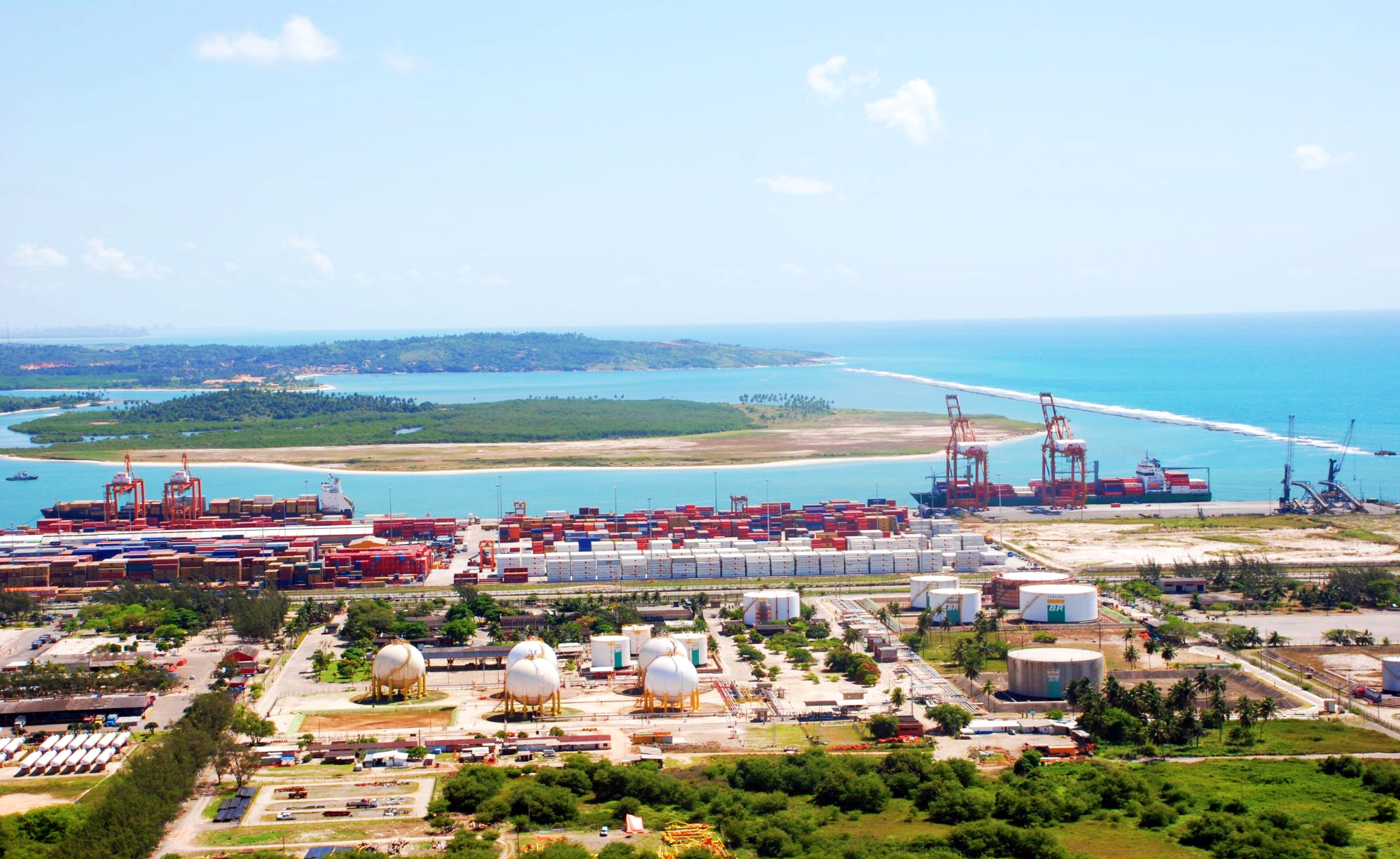Petroleum: what’s Suape got to do with it?
Seminar to discuss relationship between petroleum industries and rights violations in Suape

To discuss the impact of petroleum industries in the Suape Industrial Port Complex, the Suape Forum – an initiative formed by organizations and individuals opposed to the way the complex is being implemented – is organizing the seminar “Petroleum: what’s Suape got to do with it?”, which will take place in the Pernambuco state capital of Recife on April 27.
The program will be split into two parts: in the morning there will be a lecture on the topic “Climate change and petroleum”, followed by debates. In the afternoon, a discussion panel will be staged on “Petroleum and socio-economic and environmental consequences”, also followed by debates. The event will feature an exhibition of photographs and videos.
According to the event’s organizers, the economic growth in the Suape region and throughout the state of Pernambuco resulting from the construction of the Industrial Port Complex must not come at the expense of local residents: “the impacts in their different forms are evident, and we want to show the different sectors of society that another form of development is possible, one that genuinely takes into account people’s basic needs and environmental preservation,” reads the statement.
Read more
The event is free, but registration is required by April 24 and places are limited to the first 60 registrants.
Understand the case
The Suape Industrial Port Complex, located 40 km from Recife, is a project to create an economic development hub in the state of Pernambuco. Its origins date back to the 1970s or earlier, but construction really took off in 2007. The complex consists of a port, shipyards and more than 100 large industrial companies of various kinds, among them the “Abreu e Lima” oil refinery, owned by Brazil’s petroleum giant Petrobras, and other major players in the petrochemical industry.
Suape is viewed by the state and federal governments as one of the country’s most important economic development projects. However, the development in the region has been characterized by a series of human rights violations and by unsustainability.
The traditional communities that used to live in the area were forcefully removed, receiving paltry compensation and often not being provided with new housing. Moreover, most of the evicted families lost their lifestyles and their livelihoods, such as the case with the local fishermen.
Meanwhile, the construction of the complex has caused environmental impacts of enormous proportions, with damage ranging from loss of native vegetation and destruction of coral reefs to the alteration of the region’s hydrodynamics.
Conectas, together with other partner organizations, has denounced human rights violations committed by private companies in the complex to the National Contact Point.
Seminar:
Date: April 27, 2017
Venue: Marante Plaza Hotel – Av. Boa Viagem, 1070 – Pina, Recife.
Time: 8:30 am – 12:00 pm and 1:30 pm – 5:00 pm






